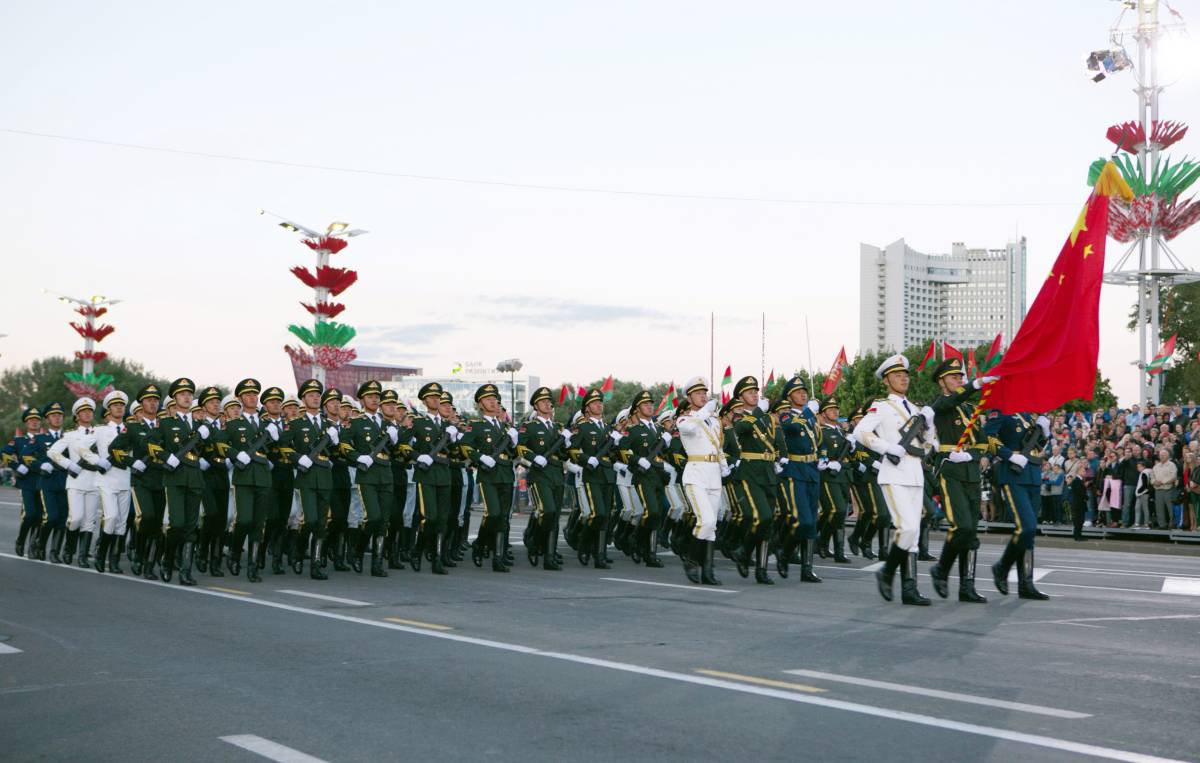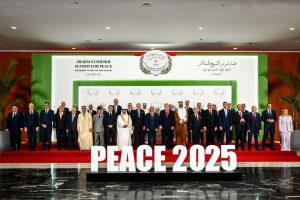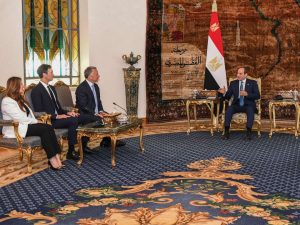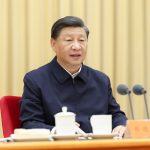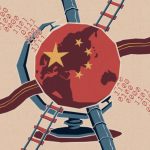In 2023, China’s military expenditures will increase at the quickest rate in four years and outperform other investment categories, highlighting Beijing’s shift away from development and towards security….reports Asian Lite News
China’s actual defence expenditure may have been fourfold more than the budget it officially announced, reported Indo Pacific Center for Strategic Communications (IPCSC), citing the US Department of Defence (DoD).
China is expected to increase defence spending this year by 7.2 per cent to USD 225, according to a draft released by the Ministry of Finance, China on Sunday. The spending increase surpasses last year’s 7.1 per cent growth and makes this the second year in a row that the yearly increase in military spending has exceeded 7 per cent. A report in IPCSC read, even as China’s military budget is barely a third of that of the US, it has increased fivefold over the past 20 years and now exceeds that of the 13 Indo-Pacific countries that follow it in terms of military spending. The Chinese Communist Party is concerned about strained relations with the US, the failure to peacefully gain control over Taiwan, and a number of foreign disputes that Beijing sees as harmful to its interests.
China has scared its neighbours by pushing for its rights in the South China Sea and conducting unprecedented military drills to punish Taiwan for hosting Nancy Pelosi, the then-US House Speaker in August 2022.
In 2023, China’s military expenditures will increase at the quickest rate in four years and outperform other investment categories, highlighting Beijing’s shift away from development and towards security. The increase in China’s defence spending is indicative of a pattern whereby the country’s military development is increasingly outpacing its economic progress, IPCSC reported.
The government’s 5 per cent economic growth will be exceeded by 2.2 percentage points in 2023, according to a draft budget that was presented to the National People’s Congress. This difference is larger than it was in the previous draft budget when Beijing first suggested a military spending increase above its growth target. It considerably outpaces budget items for development including education, social security, and scholarly research, the IPCSC said.
In terms of the defence budget, the Chinese government only gives a breakdown of people, maintenance, and equipment. The official figures for China’s defence spending are frequently severely understated by outside assessments, IPCSC reported.
The International Institute for Strategic Studies (IISS) places the total for 2021 at USD 270 billion as opposed to the budgeted USD 210 billion, while the Stockholm International Peace Research Institute (SIPRI) calculates the sum to be USD 293.4 billion, according to IPCSC.
A number of military-related expenditures are not included in the official figures, including some military R&D, elements of China’s space and cyber programmes, defence mobilisation funds, authorised land sales, recruitment bonuses for college students, and operating expenses for provincial military bases. Moreover, public security expenditures, such as those for the People’s Armed Police (PAP), and Coast Chinese military that is responsible for maintaining domestic order, upholding the law, and defending maritime rights, IPCSC reported.
Also, the running costs of provincial military posts are not disclosed. Finally, China also withholds the exact price of all its military supplies and services, which adds to the confusion and inconsistencies around its defence spending, IPCSC reported.
The defence budget of the PLA differs fundamentally from that of the majority of other countries in a number of ways, some of which can be measured and others which cannot. They include i) the incalculable costs of sustaining the military’s tools of party repression, ii) China’s appalling lack of openness when it comes to its military spending, and iii) the unreliability of the little information that is available. The CCP has a history of altering data to fit its narrative, making its data less credible, Indo Pacific Center for Strategic Communications reported. (ANI)

